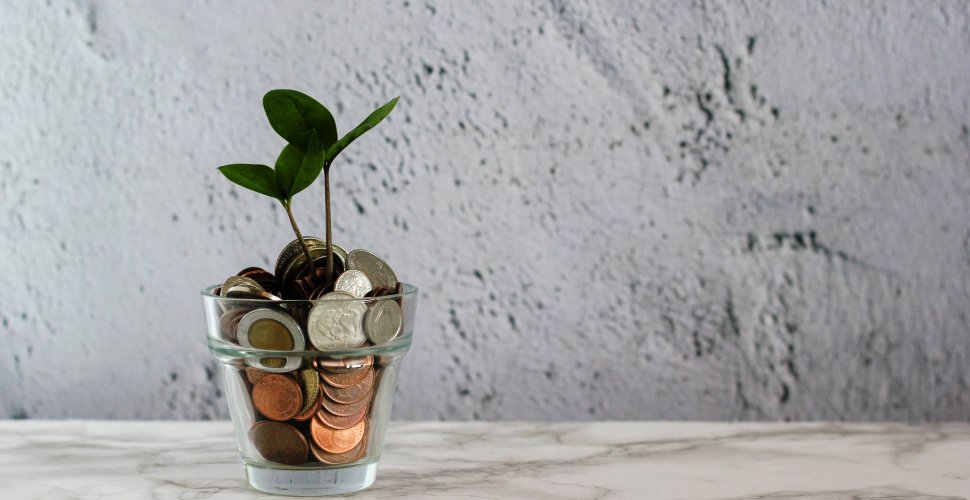The advent of the Covid-19 global pandemic and the recent geopolitical tensions in Europe has sent the world economy into a frail state as the major countries of the world are experiencing a record inflation period. As such, the prices of goods and services have risen to a record high, causing my household and corporate entities to adopt several cost reduction strategies to combat the high cost of living and doing business.
In uncertain times like these, cost reduction strategies are necessary to pull through. However, they have proven to be also equally useful when employed in a booming economy. It does not matter how much you make if you do not spend wisely, save and invest you’ll eventually burn through your income with nothing to show for it.
Frugality is seen in a bad light as just a mere cost reduction strategy, however if you take an in-depth look at frugal living it's way more than just cost reduction. In fact, calling it a cost reduction strategy or philosophy undermines what frugality is all about.
What is Frugal Living?
Frugal living to many people means living cheaply to save a trivial amount of money, all of which includes clipping coupons, buying counterfeits, staying in instead of going out, skipping vacations, shopping at thrift stores, and depriving one’s self of enjoyment. If taken to the extremes, frugality can seem like this, however, frugal living is bigger than all this representation.
That's not how I perceive frugality.
Frugal living is about being conscious and prudent in your spending to get the maximum value out of your money. It's spending your money on things that are critical and high on your priority list, while also restricting your spending on things that are not essential or valuable to you. It's done in a bid to attain valuable and usually long-term goals.
Frugality employs strategies that include, savings, investing, prudence, resourcefulness, economic consumption, and avoiding waste, lavishness, or extravagance. These strategies may make you look cheap to others, nonetheless, these strategies are means to an end, i.e., they are necessary to achieve your life goals.
Frugality as a Lifestyle
Frugality is often referred to as a philosophy. It's a belief system unique to you as our priorities and preferences are unique to us, i.e., it is always your choice to make. Frugal living typically involves a mindset that employs the act of maximization and minimization. These are a few examples of how a frugal person thinks:
“If I take good care of your possessions will definitely save money in the long run”
“Making better use of my resources makes me feel good.”
“If I can re-use an item, there’s no sense in buying something new.”
“I discipline myself to get the most from my money.”
“There is no point in upgrading a tool when the previous version still does the job effectively.”
“I am willing to wait on a purchase so that I can save money.”
The number approach to frugal living is to highlight your goals and priorities and work out a realistic means by which you would achieve them. It's important to know that these realizations are different for everyone, thus, a key part of frugality is not worrying about what other people think. However, you should be open-minded to advice and suggestions, as your devised means of achieving a goal may not be the most effective means of achieving your goals.
As with money, frugality starts with tracking all your expenses to know how you are spending your money, so you can decide what changes to make. This will involve asking yourself critical questions and thinking thoroughly about every decision you make.
The most beneficial frugal living tips involve saving your money and investing wisely. Top investors in the world like Warren Buffett and Charlie Munger are big advocates of living frugally to save and invest, so you can ultimately achieve and attain your goals, whatever they are. You may not reap the benefits of frugal living initially, however, over time the benefits will compound and amaze you.
Frugality is a belief system that is not only applicable to finances, it is useful in your time use, energy use, and your relationships as well. Ultimately, life is about making choices, and it involves tradeoffs and sacrifices. Determining what you value is the true essence of being frugal.
 by
by 